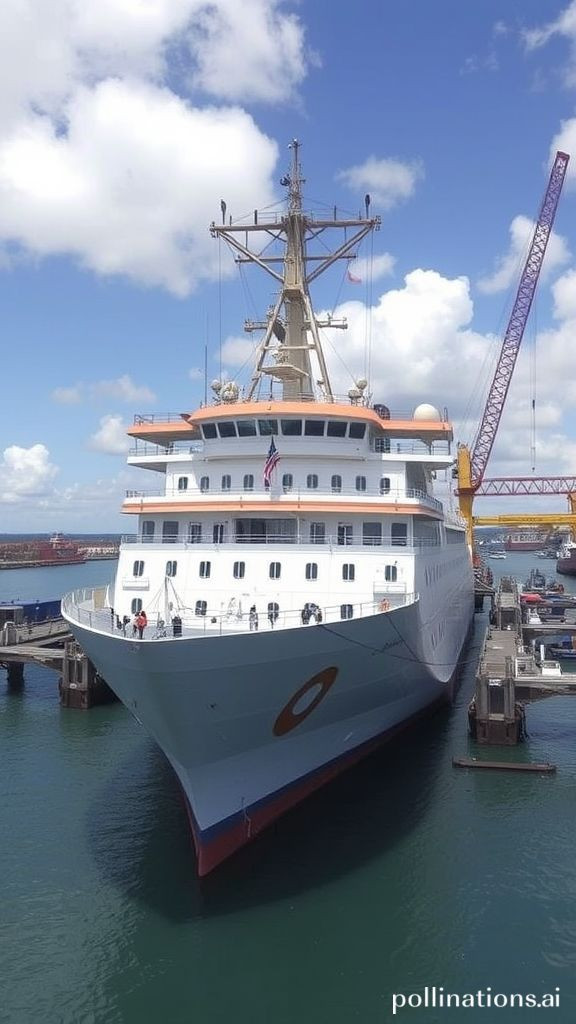
Philippine shipbuilding industry rising to new heights
Philippine shipbuilding industry rising to new heights

Title Rising to New Heights Unlocking the Full Potential of the Philippine Shipbuilding Industry
The Philippine shipbuilding industry has a rich history that spans centuries, from building galleon ships in the 16th century to modern-day efforts to develop the sector. As we continue to explore the rise of this industry, it is essential to recognize the unique opportunity for the Philippines to capitalize on its shipbuilding heritage and reach new heights.
A New Perspective
Traditionally, the Philippine shipbuilding and ship repair (SBSR) industry has been viewed as a support sector for domestic sea transport requirements. However, it's time to adopt a new perspective – one that sees SBSR as a manufacturing industry, similar to the car industry. This shift in mindset requires laying down broad strategic measures to reduce costs and ensure the availability of inputs to production.
Scenario Analysis
There are two scenarios to consider for the future of the SBSR industry. In Scenario 1, the industry focuses on supporting the country's merchant fleet, catering to domestic and international trade needs. This scenario would create a sense of pride and self-reliance with Philippine-flagged ships built, owned, operated, and manned by Filipinos.
In Scenario 2, the SBSR industry is viewed as a manufacturing industry that requires investments and strategic measures. Attracting investment necessitates reducing costs and ensuring the availability of inputs to production, such as raw materials and human resources.
Marketing the Philippines as a Shipbuilding Haven
To succeed in the shipbuilding industry, the government must create a favorable environment for investment through policies and legislation that ensure efficient services, skilled labor, reliable utilities, and streamlined import processes. The Department of Trade and Industry (DTI) under which is attached the Philippine Economic Zone Authority (PEZA) should lead these efforts.
Lessons from Japan and South Korea
Japan and South Korea are renowned shipbuilding nations, with their respective ministries – METI and MOTIE – playing a significant role in supporting innovation and technological advancement. These countries' success stories demonstrate the importance of government support and private sector collaboration.
A Maritime Industrial Park A Revived Initiative
In the 1990s, efforts were made to establish a maritime industrial park focusing on SBSR. However, progress was limited due to the maritime administration's limited capabilities compared to those of the DTI or PEZA. It is time for the Philippines to revisit this initiative and transform the industry as a catalyst for growth.
The Shipowner's Role
Ultimately, the ship constructed in a shipyard is just another product like any other factory-produced item. The shipowner decides under which flag the ship will operate, and only then does the maritime administration assume jurisdiction. The construction rules that apply to a ship are determined by the shipowner, not the maritime administration.
Conclusion
As we strive to elevate the Philippine shipbuilding industry to new heights, it is essential to adopt a new perspective – one that sees SBSR as a manufacturing industry requiring strategic measures and government support. By marketing the Philippines as a shipbuilding haven and fostering private sector collaboration, the country can capitalize on its shipbuilding heritage and become an attractive investment option.
Keywords Philippine shipbuilding industry, maritime administration, Department of Trade and Industry (DTI), Philippine Economic Zone Authority (PEZA), Japan, South Korea, manufacturing industry, shipbuilding, ship repair, SBSR.




